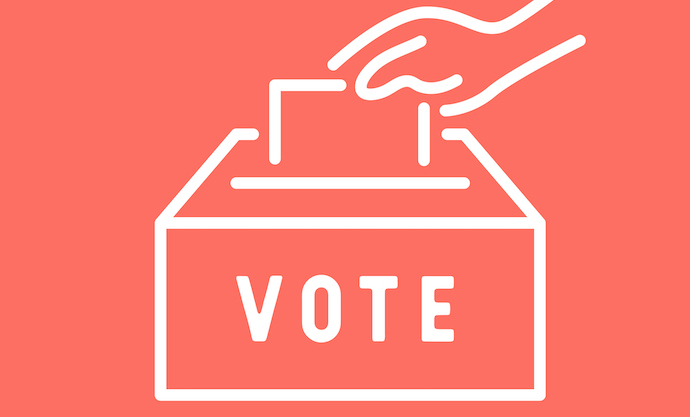MO Passes Medicaid Expansion, Second State to Expand Amid COVID-19
Missouri’s Medicaid expansion amendment passed amid COVID-19 has survived two lawsuits and must go into effect by July 1, 2021.

Source: Getty Images
- Missouri will move forward with its Medicaid expansion amendment, as 53 percent of the nearly 1.3 million voters approved the measure, local news outlets reported. The state is the second to expand Medicaid amid the COVID-19 pandemic.
Missouri’s constitutional amendment—Amendment Two—will expand Medicaid to around 230,000 more residents. These individuals fall between 19 and 65 years of age with an income that is 133 percent of the federal poverty level or below or up to 138 percent of the federal poverty level, based on family size.
The Department of Social Services must submit plan amendments to the Department of Health and Human Services (HHS) and the Centers for Medicare and Medicaid Services (CMS) by March 1, 2021. The state’s Medicaid expansion plan must go into effect starting July 1, 2021.
Advocates for Amendment Two argued that the Medicaid expansion measure would
- Support Missourians who were employed but did not have an employer-sponsored health plan and could not spare the funds to visit a provider
- Provide a boost for rural hospitals
- Stop higher healthcare spending by offering lower-income individuals improved access to preventive care
Meanwhile, an opponent of Medicaid expansion, Scott Fitzpatrick, the state’s treasurer, pointed to fiscal concerns in a town hall meeting with Americans for Prosperity in Missouri. Nearly half of the state’s budget increases are due to Medicaid every year, he argued. And further expanding Medicaid would strain a system already under financial pressures from COVID-19.
As in most red states where Medicaid expansion comes down to a statewide vote, it was a contentious battle over the decision. In this case, it included not one but two lawsuits. One involved consumer advocacy groups, which argued that the proposed Medicaid expansion plan had no funding and the legislature would have no authority over the spending.
The judges were not convinced.
“The Initiative does not purport to appropriate existing funds nor does it implicate the Governor’s role in the appropriation process,” Circuit Judge Daniel R. Green, wrote in his decision.
If making the decision to expand Medicaid is heated under normal circumstances, the stakes are even higher and the tension that much greater during the coronavirus pandemic. Nonetheless, Missouri is not the first state to expand during these uncertain times.
Oklahoma was the first state to expand its Medicaid program during the pandemic. By a margin of less than one percentage point, state voters decided to add Medicaid expansion to their state constitution.
Because these expansions take the form of state amendments, they are protected from legislative tampering.
“Under this measure, the State cannot create additional restrictions that make it more difficult to qualify for expanded Medicaid coverage than it is to qualify for the Medicaid program currently in place,” the Oklahoma ballot explained.
In North Carolina, where Medicaid expansion has been on the table for years, the pandemic had a different effect on the expansion conversation than it did in Missouri and Oklahoma. Instead of expanding Medicaid, the state adopted Medicaid transformation to push its program from fee-for-service to managed care organizations.
Researchers are already studying the effect that Medicaid expansion can have on insurance levels and other factors during the pandemic and the results vary slightly.
For example, Urban Institute reported that Medicaid expansion could work to bring down the uninsured rate.
In a scenario of 20 percent unemployment, the study found that a baseline estimated a quarter of those who lose their employer-sponsored health plans in a Medicaid expansion state would become uninsured. In contrast, 40 percent of those who lose their employer-sponsored health plans in a non-expansion state would become uninsured under the same conditions.
“Our safety net is about to be tested, and it’s going to work a lot better in states that expanded Medicaid,” Katherine Hempstead, senior policy adviser at the Robert Wood Johnson Foundation, said at the time in a press release.
However, unemployment compensation may complicate matters for Medicaid expansion states.
A Kaiser Family Foundation study compared various ways that including unemployment compensation and stimulus money in income calculations for Medicaid eligibility might affect residents of expansion and non-expansion states.
If neither state nor federal income was included in Medicaid eligibility, workers in expansion states would be more likely to be eligible for federal- or state-funded assistance, the study found.
